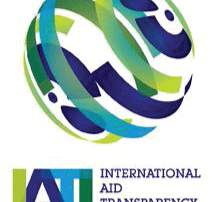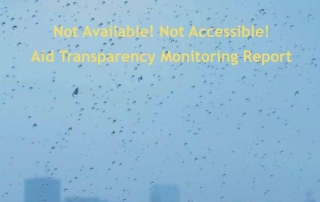International Aid Transparency Initiative
Helen Darbishire2020-02-14T12:12:56+01:00The International Aid Transparency Initiative (IATI) is a multi-stakeholder, government-led initiative which aims to increase the availability and accessibility of aid information. The IATI focuses on donor transparency and is working to agree common standards of aid information that must be published by donors, taking into account the needs of all stakeholders. By aiming to make more aid information accessible the IATI is working to increase the ability of stakeholders to participate in decision making, increase aid effectiveness and address poverty. As an NGO Access Info is not a member of the IATI but we see it as an




